Islam and Secularism in Turkey —— Kemalism, Religion and the Nation State
----- 土耳其伊斯兰和世俗主义:凯末尔主义,宗教与民族国家
Are you aware of the danger?' The 'danger' was fear of 'reactionary' insurgent Islam ('Irtica') and this was the chilling slogan in the 'Republic' newspaper in 2006 - over 80 years after the establishment of the secular Republic of Turkey.When Kemal Ataturk's Republic of Turkey was set up in 1923 as a secular state, sweeping political, social, cultural and religious reforms followed. Islam was no longer the official religion of the state, the Sultanate was abolished, all Turkish citzens were declared equal without reference to religion and secular control of education curbed clerical influence. In Azak's phrase, 'secularism was the central tenet of Kemalism' and the ruling philosophy of positvism overshadowed traditional religion. But the fear of resurgent and fanatical Islam continued, fuelled by the Menemen Incident - when a religious extremist murdered a state official - the attempt on the life of the proprietor of the leading liberal newspaper, the 'Fatherland', and the rise of Said Nursi's 'Nurcus' faith movement preaching a suspected fanatical Islam. And in the 21st century fear still haunts the state with the Council of State's controversial upholding of the headscarf ban and with suspected Islamist influence in modern political parties like the Justice and Development Party (JDP).Azak's revisionist and orginal study follows the struggle between religion and secularism but shows how Ataturk's secular state strove for an idealised 'Turkish Islam' - the 'social cement' of the Turkish nation - stripped of superstition and obscurantism and linked to modern science and rational, positivist, philosophy. The Young Turk ideal of 'Turkish Islam' could make Ataurk's 'catching of the train of civillisation' possible. Thus Islam would be, in Azak's view, 'personal, enlightened, rational and national'. 'Turkish Islam' has also retained its traditional form in the modern state and Ataturk's Mausoleum dominates the capital as a pantheon, attracts popular devotion, and even secularism and inspires semi-religious acclamation at Aturturk's shrine - 'Turkey is secular, it will remain secular'.
{{comment.content}}
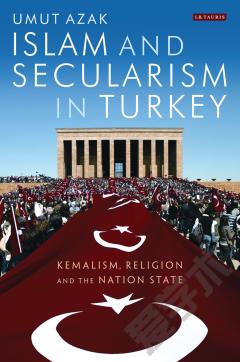
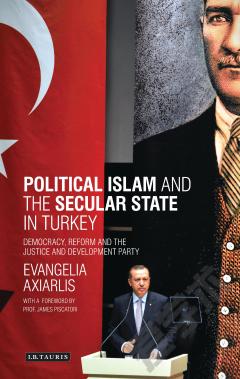
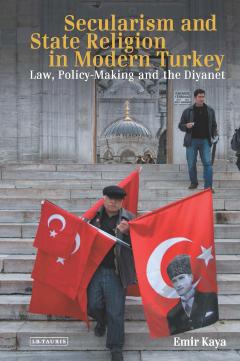
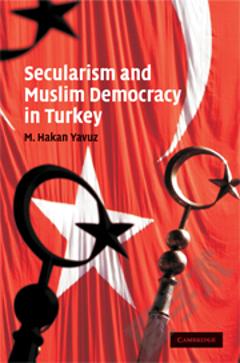

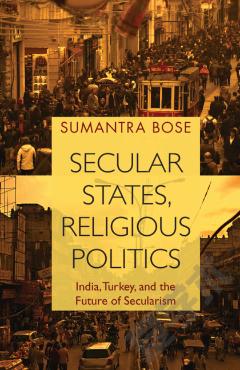
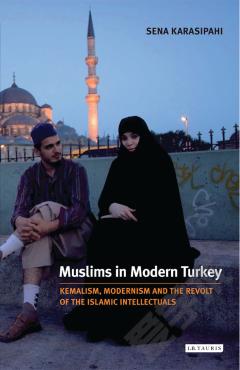

 京公网安备 11010802027623号
京公网安备 11010802027623号